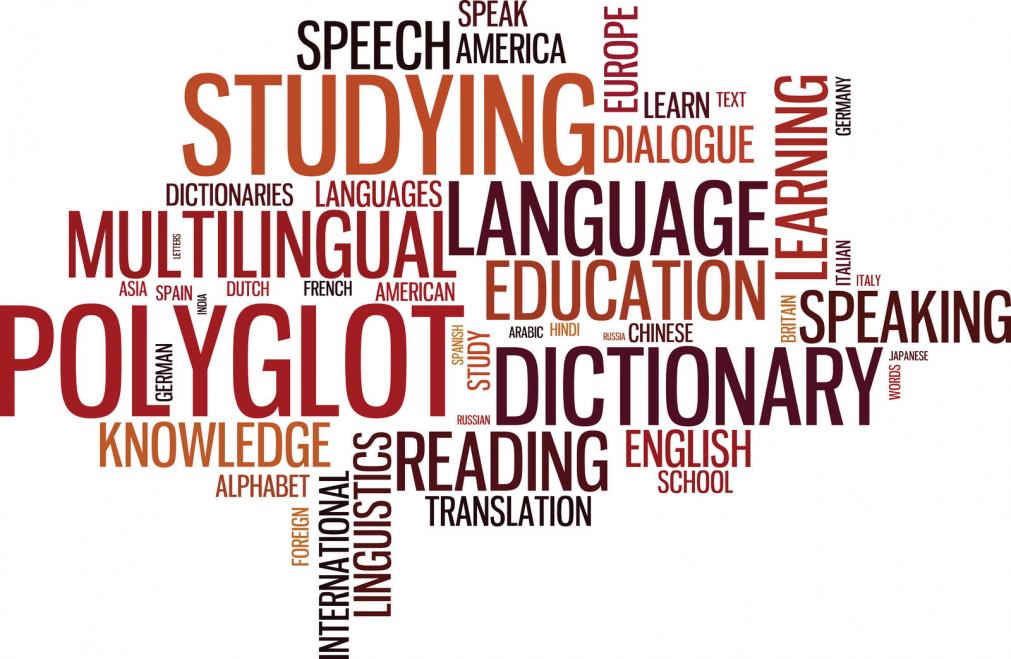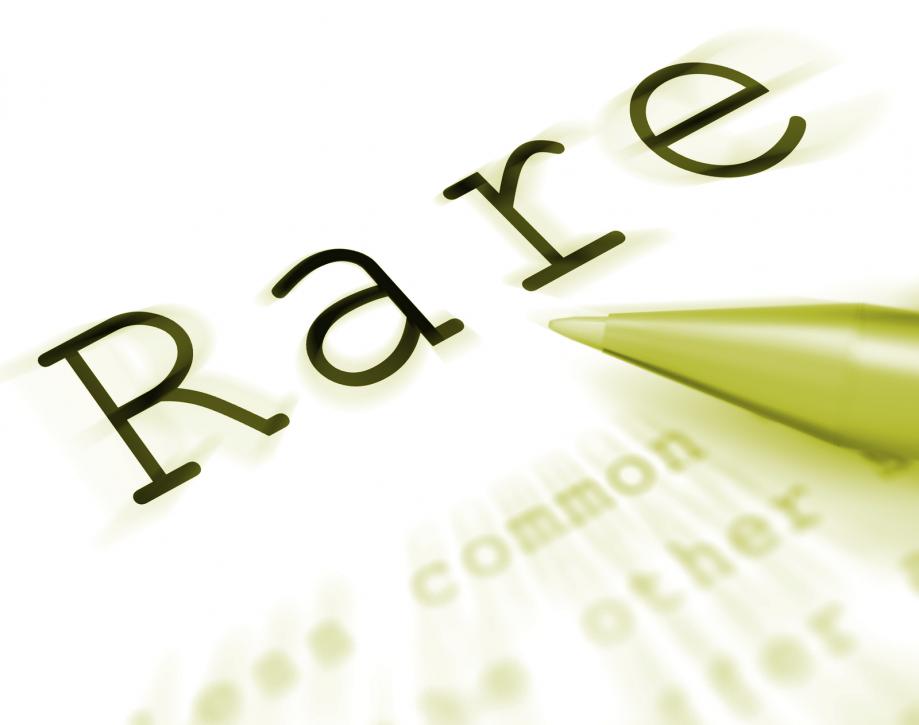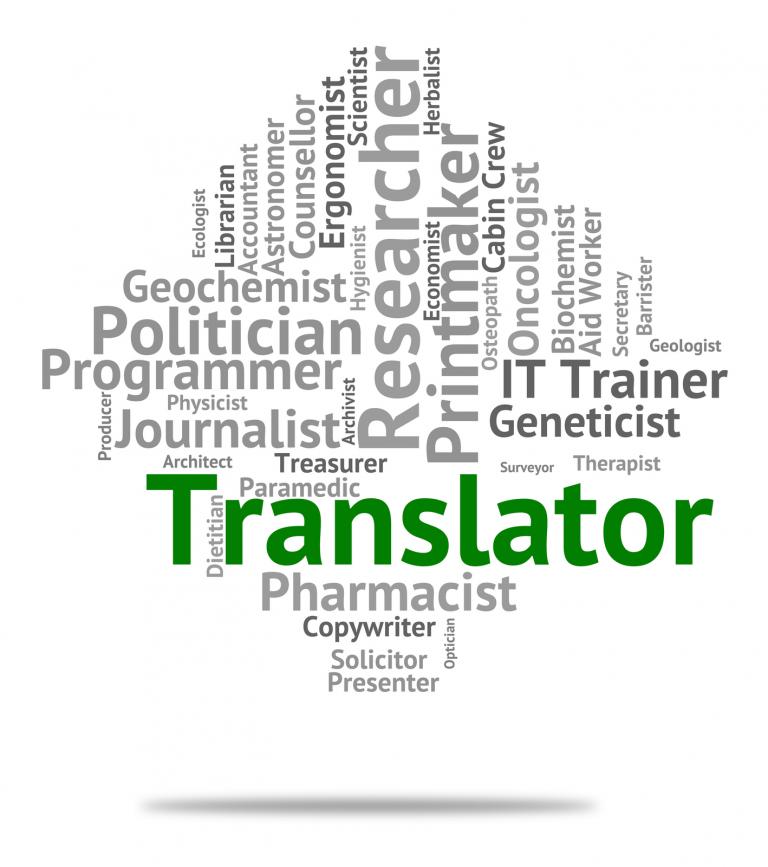Bilingualism: 6 Things Adults Should Know

If you're learning a language and striving to get good at it, here are 6 things you should know about bilingualism. It will help you overcome some of the internal obstacles language learners often face.
At the Polyglot Conference in New York City last October, not surprisingly, we met quite a few people who spoke more than one language. At lunch with a group of polyglots, the conversations flowed freely from English to French, German, Italian, and Spanish – and these were just the languages we speak or understand and could therefore somewhat judge the speakers' fluency in conversations.
A recent trip to Fribourg, Switzerland not only let us enjoy Swiss food specialties, but also had us marvel again at the ease with which many of those we met, seemed to move effortlessly between Swiss German, High German, and French.
In 2010, François Grosjean, Professor Emeritus of the University of Neuchâtel, Switzerland, published a book "Bilingual: Life and Reality" with Harvard University Press. His website (both in French and English) has many interesting posts and links to related publications.
I especially found this article fascinating: Myths about Bilingualism, which appeared in Psychology Today in 2010, and Grosjean's Myth summary on his website, from which the first 5 points below are taken.
Of the many notions of bilingualism, these my six favorite ones:
1. Bilingualism is not rare.

According to estimates Grosjean cites, more than half of the world's population speaks more than one language or dialect. While this may seem surprising, one should note that there are no “official” estimates due to the great variability and quality of data in many countries.
Also, such bilingual estimates include “dialects,” which increases the count of bilinguals substantially. Of course the distinction between a dialect and a language is not always clear either.
On the one hand, an American with a strong Texas drawl or a distinct Bostonian accent, even if he or she can also speak with a midwestern TV voice, is certainly not “bilingual.”
On the other hand, a Swiss German who has to learn standardized High German in kindergarten and school, may well be called bilingual.
Michael Erard, in a 2012 post Are We Really Monolingual? discusses the difficulty of having reliable data to answer such a question, but he also concludes: “Multilinguals may outnumber monolinguals, but it is not clear by how much.”
2. You CAN become bilingual as an adult.
We marvel about bilingual children and assume that you can only become bilingual if you learn a second (or third) language as a child. Clearly not so.
There are many adults who become bilingual as they move from one country to another. Henry Kissinger was 16 when he moved to the US, I was 26. My father-in-law was 47 when he immigrated to Canada.
Famous writers from Joseph Conrad (Russian-Polish) to Vladimir Nabokov (Russian) became known for their English prose, and there are many examples of writers who became successful even when writing in a language that was not their native one.
It is also true, however, that - unless you live in the country or in an environment where your target language is spoken - it will be quite difficult to become bilingual without intensive study and many conversations.
 3. You can be bilingual and still speak with an accent.
3. You can be bilingual and still speak with an accent.
Henry Kissinger, Arnold Schwarzenegger, Arianna Huffington all have retained a strong foreign accent when speaking English - to just name a few. But remember: They are certainly bilingual, but cannot (or don't want to) hide their accent.
Research shows that our ability to hear and produce sounds of another language declines in childhood. (See also: Beyond "Learning a Language like a Child".) By the time we reach adolescence it becomes more and more difficult, although not impossible to acquire the particular accent of a new dialect or language.
(As for me, I took several “accent-reduction” lessons some years ago, as I wanted to get rid of myGerman “w,” a sure giveaway of many English-speaking Germans.)
4. A bilingual may know certain vocabulary groups better in one than in the other language.
I went to school in Germany before the advent of personal computers and the internet. When having conversations in German about such topics, I have some difficulty finding the German vocabulary. For one, German uses many English terms (e.g. einloggen = to log in); and secondly, certain German terms did not exist when I went to school (e.g. Festplatte = hard disk).
Similarly, when I later started to work in healthcare facility planning in the US, I did not know the German or French terminology of this field and could not explain it well to my relatives in Germany and Switzerland.
Furthermore, bilinguals may be able to understand, read, and speak two languages equally well, but often will be better in spelling one than the other.
5. Bilinguals are not “born” translators.
 This fact is both related to #4 above – specialized domains use special vocabulary and expressions – and, as Grosjean writes “bilinguals use their languages in different situations, with different people, in different domains of life (this is called the complementarity principle).
This fact is both related to #4 above – specialized domains use special vocabulary and expressions – and, as Grosjean writes “bilinguals use their languages in different situations, with different people, in different domains of life (this is called the complementarity principle).
Unless they learned their languages formally (in school for example), or have trained to be translators, they often do not have the translation equivalents in the other language.”
I know: My first work assignments in the US involved English to German translations of technical texts. I had no difficulties understanding the English terms, but finding the correct German translation without a good technical dictionary was often impossible.
6. Bilinguals need language practice and updates as well.
Language skills can increase or wither depending on how much you practice them. In this sense they are similar to many of our sport and physical activities: If you don't use them you lose them. Maybe even more so, as languages constantly adapt and change.
The German language underwent a major spelling reform in the early 90ties that I had to read up on while already living in the US.
The French-speaking world is currently in an uproar about over 2000 spelling changes, including “the end of the circumflex,” as proposed by the Académie Française. Although the changes are currently proposed as “options,” it will be interesting to see when or if they will take hold.
When the Real Academia Española (Royal Spanish Academy) deleted two letters of the Spanish alphabet (“ch” and “ll”), together with a few accents and hyphens in 2010, there was an uproar on both the European and the Americas side of the Atlantic.
Among the four languages we cover, only Italy seems to have escaped any “official” language or spelling changes lately.
Being able to communicate in more than one language is for many a daily necessity and for others just a thrill and satisfying achievement.
It's not the purpose of this post to list the benefits of knowing more than one language, but rather to add to Francois Grosjean's “Myths of Bilingualism” a few more personal observations: Bilingualism comes in many variations and language/dialect combinations.
Even as an adult, the choices for becoming bilingual are often made for you by external circumstances. But you can also embrace the opportunities you encounter, and most importantly: STAY bilingual by continuing to speak and practice.
PS: On March 12, 2016 The New York Times Sunday Review published this article by Katherine Kinzler: The Superior Skills of Bilinguals
Bio: Peter Rettig is the co-founder of Gamesforlanguage.com. He is a life-long language learner, growing up in Austria, Germany and Switzerland. You can follow him and his wife Ulrike on Facebook, Twitter and Instagram, and leave any comments with contact.
